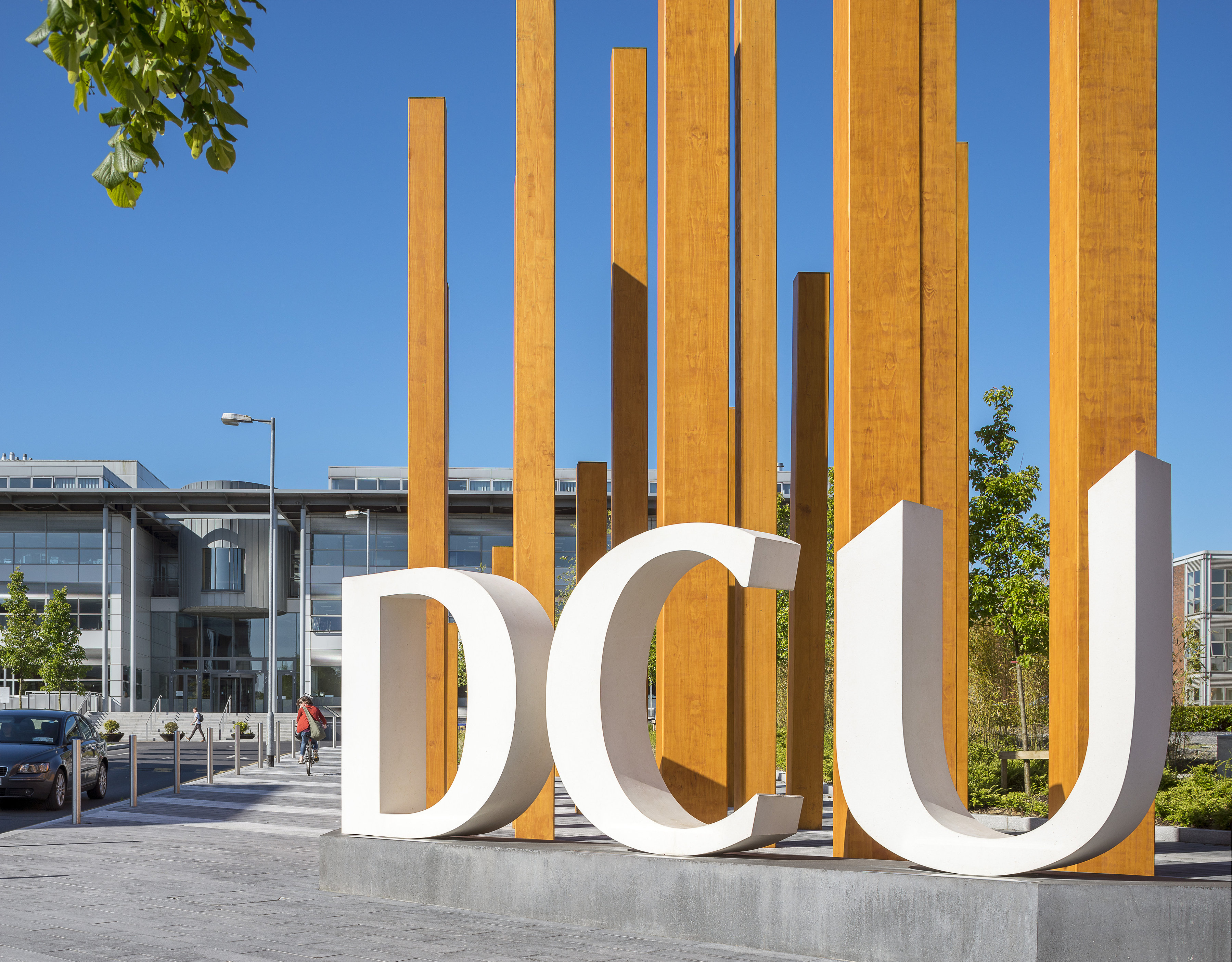Dublin City University Students’ Union’s (DCUSU) class representative council has voted to change the union executive’s stance on affiliation with the Union of Students in Ireland (USI) amid fears that officers were “undermining” democracy.
The emergency council, held ahead of Thursday’s already-planned council, saw officers and class representatives discuss the union’s affiliation with USI, after concern that officers were trying to unilaterally change the union’s stance.
In an occasionally tense council, student representatives challenged the executive on a perceived lack of transparency in their operations. The decision to circulate a petition calling for a referendum on USI affiliation, without consulting council, was particularly criticised, with students describing it as an attempt to “bypass” class representatives. The petition, which would need 425 signatures to trigger a referendum without input from council, is no longer being circulated.
Students voted on a motion mandating that, “in the interests of fairness”, “the current executive position be neutral on the USI referendum”. The motion passed by an overwhelming majority, with only one student voting against it.
The motion was brought forward by third-year psychology class representative Dean O’Reilly. O’Reilly, who is currently outside of the country, was unable to attend last night’s council. In a speech read out on his behalf by third-year economics, politics and law representative Ailish Keating, O’Reilly said the motion was tabled so that students could “have your say and mandate for a stance to be had that reflects all students”.
“Class reps have been left in the dark for too long”, said O’Reilly. “It should not happen that a single class rep, such as myself, has to pay such extreme attention to the Executive to understand what is going on.”
Responding to criticism at the council, DCUSU President Vito Moloney Burke described how the executive were “trying to act in the best interests of the 17,000 students in this university”. Discussing the decision to initiate the petition, Burke explained that the process was “quite rushed”, admitting that “perhaps we did approach it in the wrong way”.
Describing the executive’s opposition to USI, Burke reiterated skepticism about the cost of union membership. “We’re unsure that our students’ money is going to the best place”, he told the gathered students this evening.
Tension has been brewing between council and the executive for some time now. A meeting of the most senior members of the union, held earlier this month, saw officers voting to launch a petition, with a view to initiating a referendum on whether the union should leave USI before the end of this college year.
As it stands, a referendum on the union’s membership of USI is due to take place in December, a measure decided on at the conclusion of the union’s last affiliation referendum in 2016. More junior members of the union, such as class representatives, were not consulted on this decision.
At a second meeting, held one week later, the union’s executive committee voted on the official stance officers should take, should a referendum occur. Minutes from this meeting, obtained by The University Times, show that the vote was tied, with five members of the executive voting to adopt a neutral stance, and a further five voting to campaign against USI. The union adopted a disaffiliation stance, as the president of the union, who has the deciding vote, voted to campaign against the national union.
Last week, both DCU’s LGBTA Society and the gender equality society, Fem Soc, released open letters condemning the executive’s actions. The letters discuss USI’s support for LGBT and gender equality issues, with the LGBTA Society describing it as “a driving force for social change in Ireland”. The letters praised USI’s role in campaigning for the 2016 marriage equality referendum, along with last year’s referendum to repeal the eighth amendment, as well as the national union’s support for the recent INMO nurses strike.
USI provides training on LGBT issues – known as Pink Training – to students from USI-affiliated universities. If DCUSU were to leave USI, students would only have the option to attend Pink Training one more time, due to a leaving grace period. After this grace period, Pink Training would no longer be provided to DCU students.
In an email statement to The University Times last week, O’Reilly, who also serves as a chairperson of the LGBTA Society, discussed the society’s support for USI’s training, saying: “We firmly believe LGBTQ+ students have a lot to gain from being able to attend the weekend each year.”
“Without Pink Training”, he said “I would have never been able to handle my public coming out, and have benefited from the weekend so much as to return to give workshops for the last two years”.
DCUSU has a complicated history with USI. After leaving the union in 2001, DCUSU voted to re-affiliate by a narrow margin in a campus-wide referendum in 2013. Then-DCUSU President Paul Doherty declared the referendum “null and void” after the union’s executive failed to hold an information campaign or promote the campaign as it was constitutionally mandated to do.
The following year, a second referendum was held, with students again voting to re-affiliate with the union. This re-affiliation referendum carried by just a single vote, with 726 yes votes to re-affiliate – edging out the 725 no votes against re-affiliation. The decision to stay was affirmed in another referendum in 2016, this time by a much larger margin, with 94 per cent of students voting to remain







